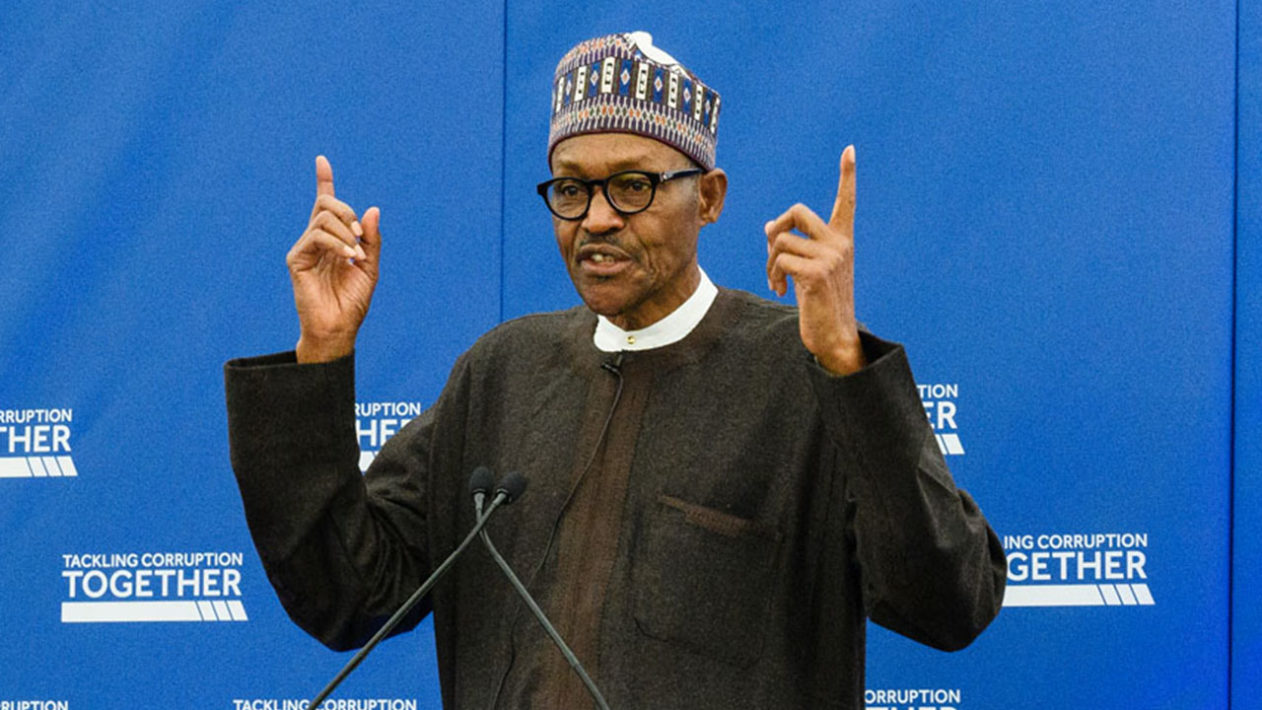The disdain for education in Nigeria by the Federal Government has been underlined by the lingering industrial action of the Academic Staff Union of Universities (ASUU). The Federal Government’s arrogant stand not to accede to the demands of the striking university teachers and end the over six months’ old industrial action is ill-conceived, reckless and insensitive to the plight of students, parents, the university system and Nigeria as a country.
It is indeed a sad commentary that a government that rode to power on the support of the electorate with promises to effect change and deliver dividends of democracy would be so intransigent and unsympathetic to a core segment of its active workforce and allow its universities to be closed down for more than six months with the students facing the risk of losing a whole academic session.
From the outset, the Federal Government has demonstrated insincerity to abide by the agreement between it and ASUU. This agreement was signed in 2009 to redress the decadence in Nigerian Universities and renegotiated thereafter culminating in the Memorandum of Action signed with the union in 2020. It is deplorable that the government is still offering lame excuses for non-implementation in 2022. The Federal Government’s deceit was further highlighted by its decision to set up another negotiation team led by Prof Nimi Briggs eight months after its team led by Prof Munzali-Jubril had reached an agreement with ASUU in July 2021.
President Muhammadu Buhari’s aloofness on critical issues such as the ASUU strike is disappointing. His Ministers taking a cue from him have treated the issues raised by ASUU with levity and utmost contempt. The trio of Dr Chris Ngige, Minister of Labour, Employment and Productivity, the junior Minister, Festus Keyamo and their education counterpart, Adama Adamu, have largely exhibited incompetence in their handling of the ASUU’s industrial action. Bereft of any cogent reason not to implement the 2009 agreement entered into with ASUU, they have been unnecessarily confrontational, obfuscating facts and spreading outright falsehood in the attempt to break the psyche of the striking lecturers, force the union to abandon the principle of collective bargaining and ultimately incite the Nigerian people against ASUU.
Since the return to democratic dispensation in 1999, a data consulting firm, Statisense, revealed that ASUU have gone on strike for 1,404 days, the longest being in 2020 which was 275 days. The strikes have been induced by the same reason: apathetic posture of the Federal Government towards education and failure to honour agreements. In several respects, the abdication of the Federal Government of its constitutional responsibility towards education violates Section 18(1) of the Nigerian Constitution, which states “Government shall direct its policy towards ensuring that there are equal and adequate educational opportunities at all levels.” By and large, acute industrial action by lecturers has been devastating for the students and parents who have borne the greatest brunt, and demoralising to the lecturers resulting in a brain drain.
BudgIT, a civic organisation that tracks budgetary allocations, disclosed that in the 2022 budget, N335.47 billion was allocated to the 44 Federal Universities out of the N875.93 billion allocated to the education sector. The document further reveals that out of the N335.47 billion, N326.9 billion is for recurrent expenditure while N25.5 billion is for capital expenditure. The figures for preceding years were not encouraging either. Between 2016 and 2021, the Nigerian government has budgeted N3.5 trillion for education out of a total budget of N55.3 trillion. This does not meet the 15 to 20 per cent of annual budget meant for education as stipulated by the United Nations Educational Scientific and Cultural Organisation (UNESCO). According to the World Bank in a 2020 publication ‘Understanding Poverty’, it stated that Higher Education “is instrumental in fostering growth, reducing poverty and boosting shared prosperity”. Yet the Federal Government feigns ignorance of this fact and is systematically creating the pathway for the eventual destruction of public universities.
The National Association of Seadogs (Pyrates Confraternity) views the on-going strike as detrimental to national interest and calls on the Federal Government to put its act together and take immediate steps to end the strike. We reject the explanation of paucity of funds being canvassed by the Federal Government as another subterfuge to shy away from its responsibility to ensure education is a priority. If education is made a priority as it should be, funds would certainly be made available for the sector like other funds used to fund the profligate excesses of its officials.
We implore the Executive to rally the National Assembly to ensure a special budgetary provision into the annual budget to accommodate the N200 billion annually requested by ASUU. Provision for the funds and its passage in the National Assembly should not pose a problem the same way the government allocates huge funds for Service Wide Vote (SWV). The SWV also known as Consolidated Revenue Fund is the country’s contingency fund in annual budget. Between 2017 and 2021, the SWV was N1.7 trillion and in 2022, it was N2.47 trillion despite the Auditor-General of the Federation’s reservation about it. Better still, instead of complaining about lack of funds, it should use part of SWV which is never audited to fund public universities and remove this major plank of ASUU’s agitation.
More so, the Federal Government should plug all revenue leakages to have more funds to take care of pressing developmental needs. The funds stolen by the suspended Accountant-General of the Federation, Ahmed Idris for which he now seeks plea bargain would have been available to meet part of ASUU demands, if the government had been sincere with plugging all revenue leakages in Ministries Departments and Agencies (MDA).
In the nine months remaining of his tenure as President, it is incumbent on President Buhari to seize the opportunity of the ASUU strike to end the constant industrial action in the university and other tertiary institutions. He should convene a national education summit with special focus on tertiary education. The summit should involve all stakeholders in the tertiary education sector with significant contributions from the private and voluntary sectors. President Buhari must make it a conscious decision to leave a lasting legacy in the education sector. Solving the misery of public universities once and for all is a veritable step towards leaving a positive legacy.
Abiola Owoaje
NAS Capoon
Abuja


![[PRESS RELEASE] AFFIRMATION OF EMERGENCY RULE IN RIVERS STATE THROUGH “AYES AND NAYS”](https://www.nas-int.org/wp-content/uploads/2025/03/National-Assembly-Ayes-and-Nays-400x250.jpeg)

